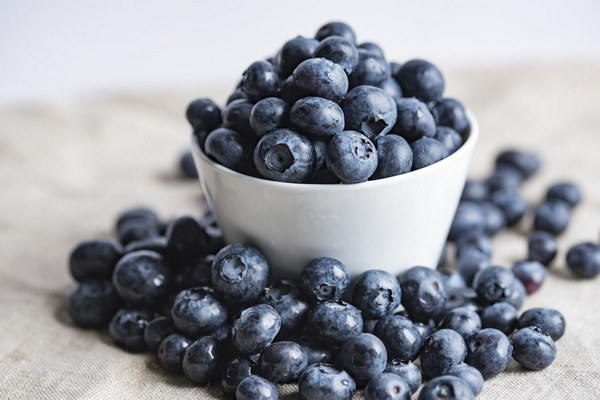Nourishing the New Mother A Comprehensive Guide to Postpartum Nutrition
Postpartum recovery, often referred to as the sitting month or confinement period, is a critical time for new mothers. This period, spanning from the first few weeks to the first few months after giving birth, requires special attention to nutrition and rest to ensure a healthy and swift recovery. Nourishing the new mother not only aids in physical healing but also supports her emotional well-being. This article provides a comprehensive guide to postpartum nutrition, offering insights into what new mothers should eat and why.

The Importance of Postpartum Nutrition
The postpartum period is a time when the body undergoes significant changes. The body needs to repair itself from the strain of pregnancy and childbirth, establish milk supply for breastfeeding, and replenish lost nutrients. A well-balanced diet can help new mothers recover more quickly, increase energy levels, and maintain overall health.
What to Eat
1. Protein: Essential for tissue repair, protein is crucial for the new mother. Good sources include lean meats, poultry, fish, eggs, dairy, legumes, nuts, and seeds. A daily intake of 65 to 100 grams of protein is recommended.
2. Iron: Iron deficiency is common during pregnancy and postpartum, leading to anemia. Foods rich in iron include lean red meat, poultry, fish, beans, lentils, tofu, and fortified cereals. Pairing iron-rich foods with vitamin C, found in fruits and vegetables, can enhance iron absorption.
3. Calcium: Important for bone health, calcium also aids in the production of breast milk. Dairy products, leafy greens, and fortified foods are excellent sources of calcium. Aim for about 1,000 milligrams per day.
4. Fiber: Fiber helps maintain regular bowel movements, a common issue postpartum. It also aids in weight management and supports heart health. Good fiber sources include whole grains, fruits, vegetables, nuts, and seeds.
5. Omega-3 Fatty Acids: Essential for brain development and mood regulation, omega-3s can be found in fatty fish, flaxseeds, chia seeds, walnuts, and algae-based supplements.
6. Hydration: Adequate hydration is vital for overall health, especially during breastfeeding. Water, herbal teas, and clear broths are excellent choices. Aim for at least 8 to 12 cups of fluids per day.
Specific Foods to Include
1. Chicken Soup: A traditional postpartum dish, chicken soup is believed to aid in recovery and boost the immune system. It provides hydration, protein, and essential nutrients.
2. Brown Rice: Rich in fiber, vitamins, and minerals, brown rice is an excellent source of energy and helps maintain blood sugar levels.
3. Spinach and Other Leafy Greens: High in iron, calcium, and vitamins A, C, and K, leafy greens like spinach, kale, and collard greens support the healing process.
4. Beets: Beets are rich in nitrates, which can help improve blood flow and support heart health.
5. Bananas: Bananas are a great source of potassium, which is essential for maintaining fluid balance and muscle function.
6. Yogurt: A probiotic-rich food, yogurt can support gut health and aid in digestion.
Special Considerations
- Breastfeeding: If a new mother is breastfeeding, her nutritional needs are higher. She should aim to consume an additional 500 calories per day.
- Vitamin D: Many women are deficient in vitamin D, which is important for bone health. Sunlight and certain foods, like fatty fish and fortified dairy products, are good sources.
- Pregnancy-Related Health Conditions: Women with specific health conditions, such as gestational diabetes or preeclampsia, may need to modify their diet according to their healthcare provider's recommendations.
Conclusion
Postpartum nutrition is an essential aspect of a new mother's recovery and well-being. By focusing on a balanced diet that includes a variety of nutrient-dense foods, new mothers can support their physical and emotional health during this transformative time. Remember, it's also important to listen to your body's needs and seek guidance from healthcare professionals when necessary.









